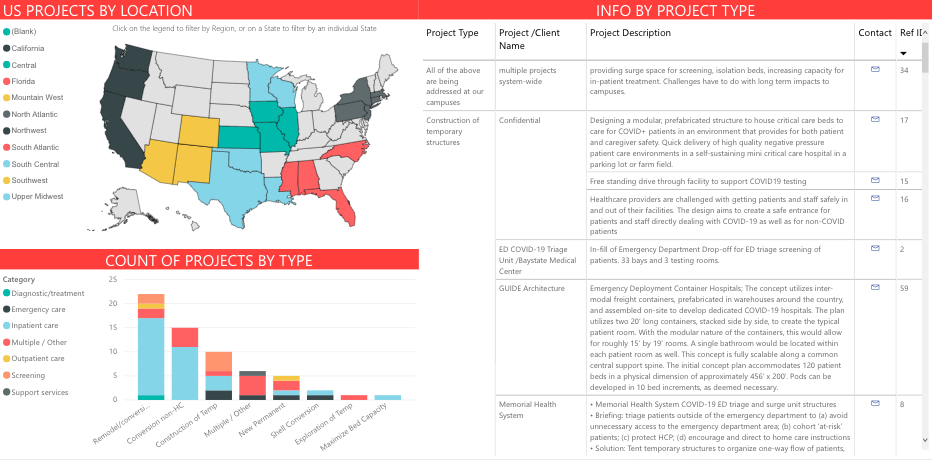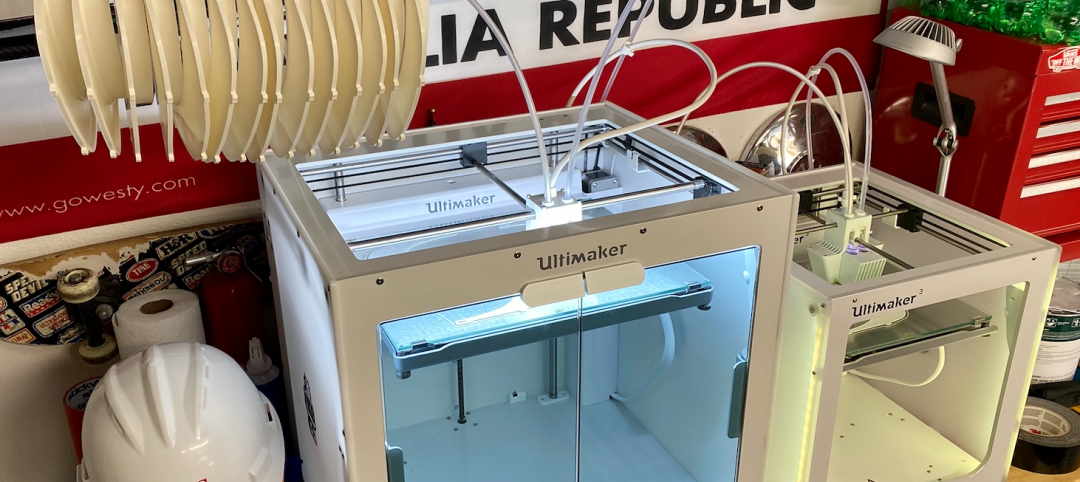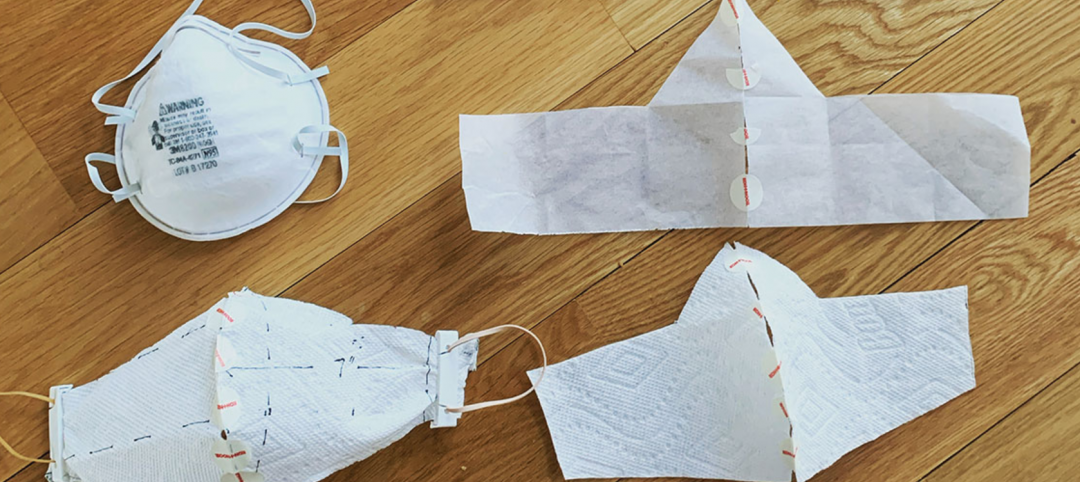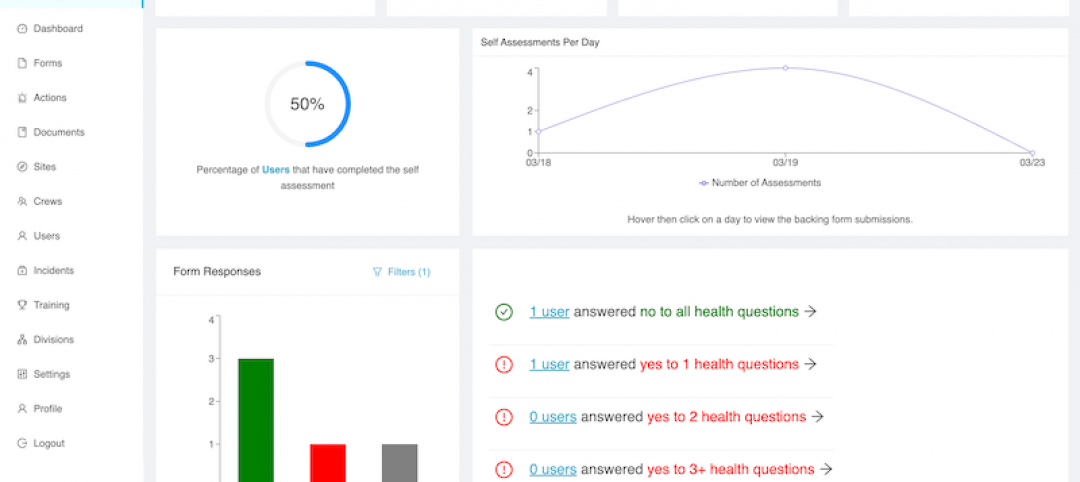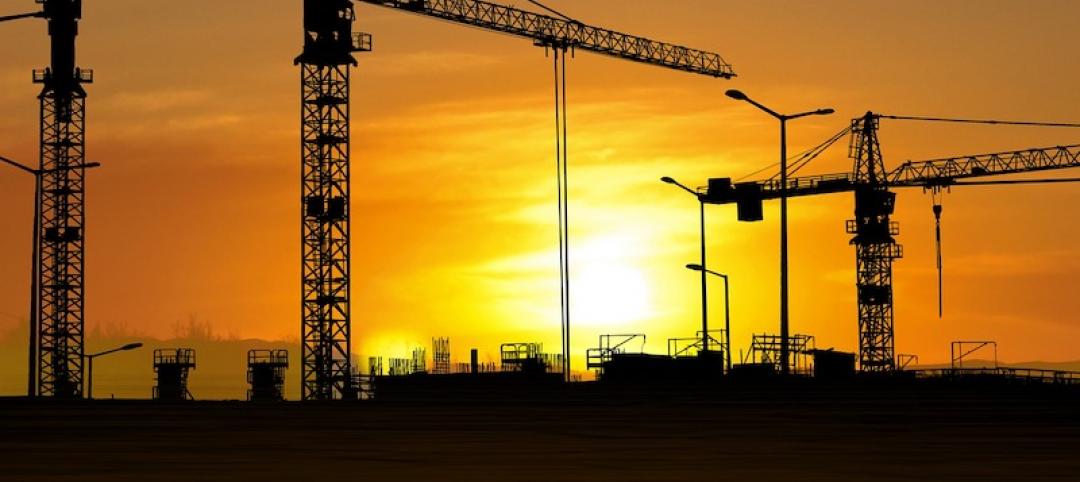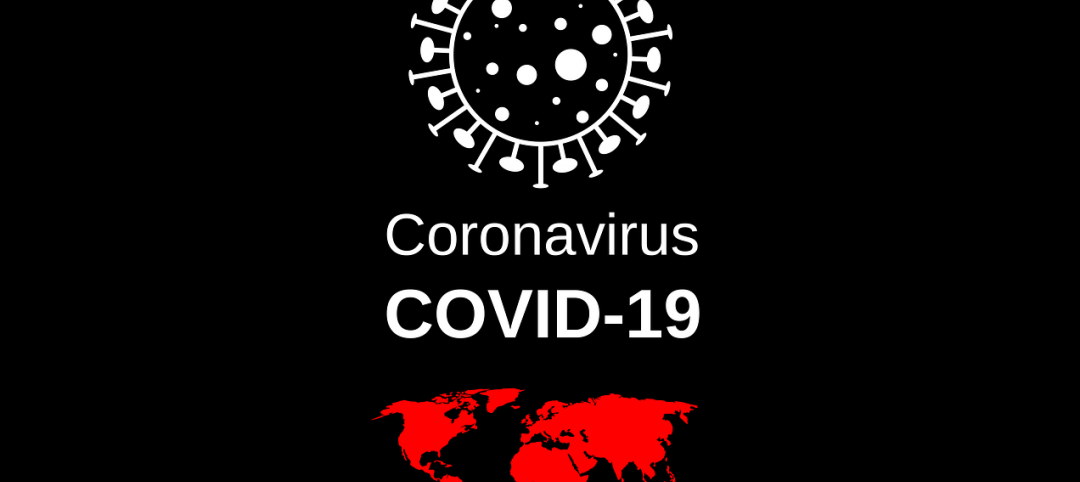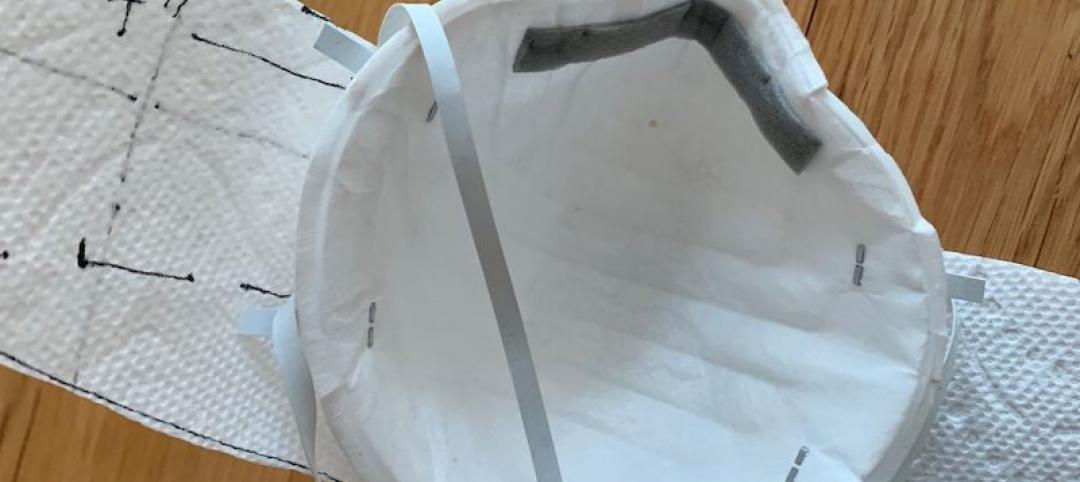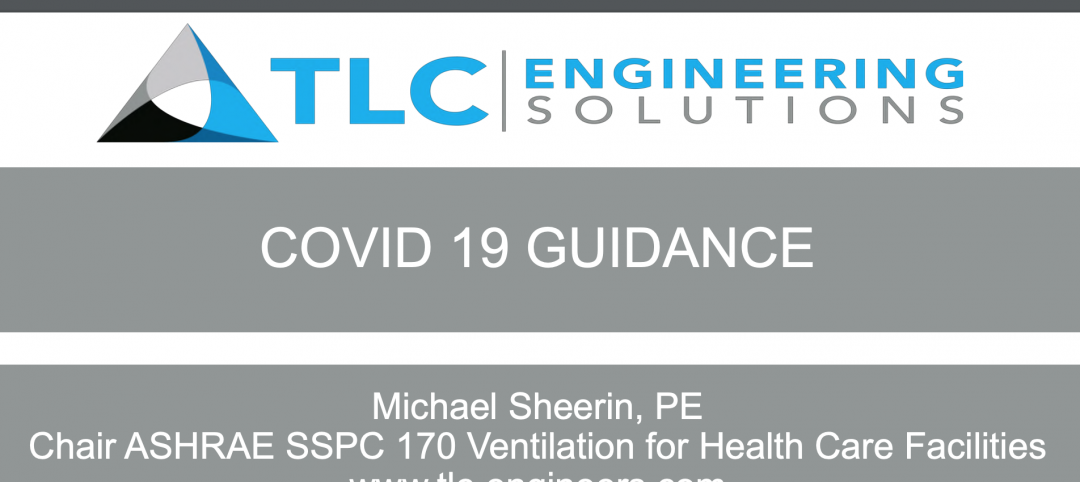As communities across the country race to expand available hospital bed space in response to COVID-19, an American Institute of Architects (AIA) task force is providing a new tool for public officials to quickly identify buildings suitable to be adapted for patient care.
The COVID-19 Alternative Care Sites Assessment Tool provides a checklist highlighting important areas to consider when evaluating buildings, such as convention centers, sports arenas, community centers, hotels, dormitories and other spaces, to be used for temporary healthcare operations during a pandemic. The tool is intended to help individuals—who are not healthcare design experts—with a rapid evaluation of buildings compatible for supporting patient care operations; providing for the needs and safety of healthcare staff and patients; and mitigating the spread of disease.
“This tool is geared toward flexible and rapid decision making during a public health pandemic,” said Task Force Chair Dr. Molly Scanlon, FAIA, FACHA, who is an environmental health scientist at Phigenics. “Our goal was to synthesize decades of healthcare knowledge and experience into a checklist reflecting the key essential elements of healthcare operations to reduce risk and increase safety at an alternative care site.”
The task force developed the tool using established healthcare design best practices and standards in combination with federal documents issued during the COVID-19 crisis. Additionally, professional input was provided from trained and experienced health care architects, engineers, life-safety consultants, front line health workers, and hospital facility operations. A comprehensive briefing of the task force’s initiatives is available on AIA’s website.
Last Friday, the task force launched an online resource to facilitate sharing of built environment solutions when responding to COVID-19 surge capacity. As part of the effort, architects, designers, engineers and facility managers are asked to provide project information and images of COVID-19 alternative care sites into an online database. The facility and its location will appear on an online global map produced and quality controlled by the University of Kansas’ Institute of Health + Wellness Design. The taskforce developed the tool to catalog current public health and healthcare facility response and to create a research database for future pandemics.
AIA’s task force was launched to support the COVID-19 response. It is comprised of architects with a wide range of expertise, including healthcare facility design, urban design, public health and disaster assistance.
Related Stories
Coronavirus | Apr 2, 2020
COVID-19: HMC Architects using 3D Printers to make face shields for healthcare workers
HMC staff is producing 3D-printed parts from their homes as they self-isolate.
Coronavirus | Apr 2, 2020
COVID-19: CannonDesign initiates industry coalition to make masks for healthcare providers
Coalition formed to make DIY face masks for healthcare workers in COVID-19 settings.
Coronavirus | Apr 2, 2020
As virus spreads across North America, software providers step up with cost-free offerings
The goal is to keep construction projects moving forward at a time when jobs are being postponed or canceled.
Coronavirus | Apr 2, 2020
SBA and Treasury begin effort to distribute $349 billion in emergency small business capital
The new loan program will help small businesses with their payroll and other business operating expenses.
Coronavirus | Apr 2, 2020
New webinar explains how AIA Contract Documents can address business disruptions due to Covid-19
The webinar was recorded March 27.
Coronavirus | Apr 2, 2020
Informed by its latest Crane Index, Rider Levett Bucknall anticipates the effect of coronavirus on the construction industry
While total crane count holds steady, turbulent economic conditions indicate a recession-based drop in construction costs.
Coronavirus | Apr 1, 2020
How is the coronavirus outbreak impacting your firm's projects?
Please take BD+C's three-minute poll on the AEC business impacts from the coronavirus outbreak.
Coronavirus | Apr 1, 2020
Opinion: What can we learn from the coronavirus pandemic?
The coronavirus pandemic will soon end, soon be in the rear-view mirror, but we can still take lessons learned as directions for going forward.
Coronavirus | Apr 1, 2020
Three reasons you should keep sewing face masks (as long as you follow simple best practices)
Here are three reasons to encourage sewists coast to coast to keep their foot on the pedal.
Coronavirus | Apr 1, 2020
TLC’s Michael Sheerin offers guidance on ventilation in COVID-19 healthcare settings
Ventilation engineering guidance for COVID-19 patient rooms


